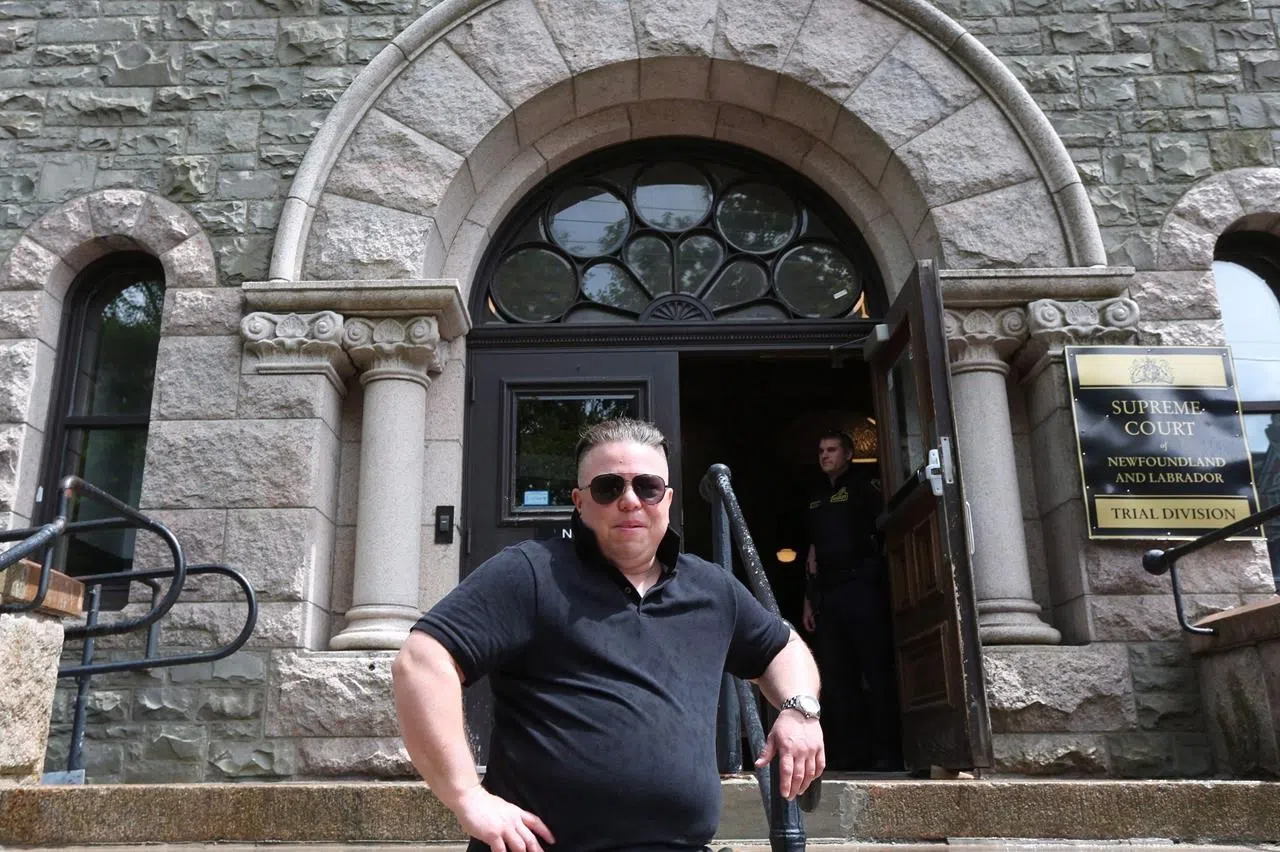
Still-active human rights case speaks to lasting homophobia in Canada: activists
ST. JOHN’S, N.L. — Just over 14 years ago, the government of Newfoundland and Labrador issued the province’s marriage commissioners an ultimatum: agree to perform same-sex marriages or resign.
At least seven commissioners, many of them mayors, chose to quit, arguing overseeing such marriages would contradict their religious beliefs.
But one former commissioner, Desiree Dichmont, also filed a human rights complaint, claiming discrimination based on religious creed. The case has been snaking its way through the courts ever since — and even though Dichmont has died, the case remains alive.
An Alberta-based free speech advocacy group, the Justice Centre for Constitutional Freedoms, recently won the right to intervene in the appeal proceedings, arguing the public has an interest in the outcome. The latest appeal in the case will be heard next month.


